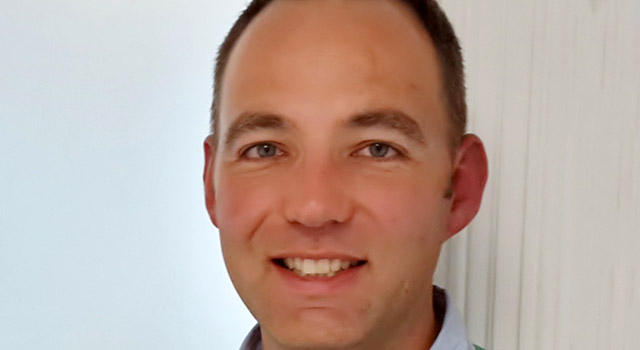
Iono.fm is one of South Africa’s largest audio content aggregators and offers on-demand audio services for radio stations and other audio content providers.
“When we started, we wanted to develop a personal video recorder (PVR)-like service for radio stations and build an audio-on-demand solution so that listeners could take control of what they want to listen to, when they want and from anywhere,” say founder Ryan Dingley.
He says that the idea was sparked because there is great content on South African radio, but it’s never on at times that suit him.
Before founding iono.fm, Dingley worked at MiX Telematics, where he received a grounding in what can be done with telematics. “Instead of pulling data from a vehicle, I wanted to push audio to the vehicle to deliver this on-demand service.”
Iono.fm’s big break came in 2012, when the SABC moved its audio content to the iono.fm platform. RSG was the first national radio station to use it.
“The SABC embraced the technology quite quickly and now the public broadcaster hosts most of its national radio stations with us.”
It took a number of years for iono.fm to build critical mass, says Dingley, but there have been big changes in the way that audio content is consumed. “Things like Gareth Cliff’s Cliff Central have been a driving force behind this,” he says.
Some of the more popular content on iono.fm comes from East Coast Radio, Jacaranda FM, Lotus FM, SAfm and Cliff Central.
For radio stations, it means keeping their content around for longer. “We give content producers the opportunity to reuse their content, allowing listeners to consume it again and again.”
He says that this also allows the content to be monetised again.
Iono.fm is platform neutral and delivers content via its website to any Internet-connected device.
The company carries about 800 channels, with each of those broken down into thousands of shows. The content is predominantly local. Before content is delivered listeners, it is transcoded into 12 different formats to serve various devices and quality levels.

Much of the content is made up of traditional FM and AM radio broadcasts, but it also hosts international audio content and podcasts.
Iono.fm also has redistribution rights in Africa for all TED audio content, for example.
For radio stations, iono.fm is integrated into the station’s back end to automate the import process to its servers. Content producers also have access to iono.fm’s systems, allowing them to configure the audio metadata or add additional content manually.
Iono.fm’s business model includes a closed-content system platform for companies wanting to distribute audio to a discrete group, as well as an advertising model in which revenue is shared with the content owner. Dingley says advertising is curated and the company works closely with the content owners to ensure that there are no conflicts involving advertising on terrestrial broadcasts.
Another revenue stream is premium-rated content, where iono.fm sells content, such as stand-up comedy, and splits this revenue with the artist.
The business has been self-funded since its launch in 2008, but is now considering an investment of venture capital. This will allow it to expand its offerings into the rest of Africa, which Dingley describes as a key priority. — (c) 2014 NewsCentral Media




